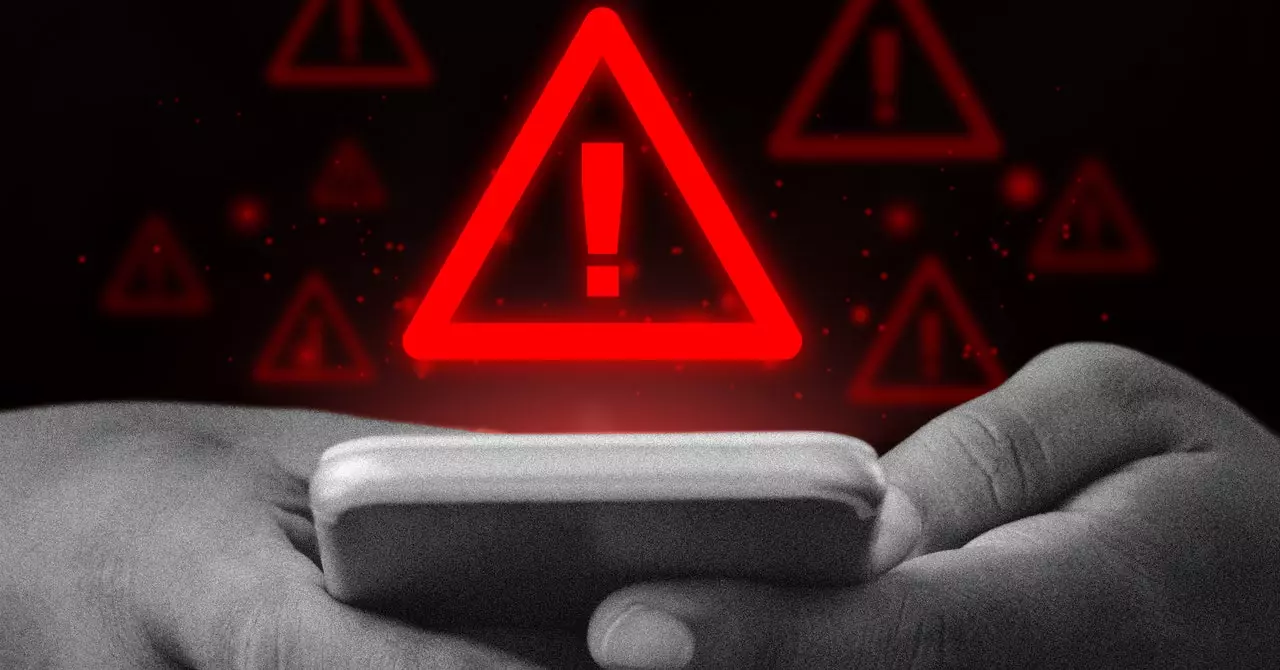When it comes to content moderation, platforms like TikTok often rely on labeling to indicate the nature of the content to users. However, a recent report by the Mozilla Foundation and AI Forensics revealed that TikTok’s Lite-Save Data version, designed for users in lower-income markets, lacks many of these safeguards. Unlike the full version of TikTok, the Lite version does not label AI-generated content or provide warnings about graphic or potentially harmful content. This lack of transparency raises concerns about the misinformation users in these markets may be exposed to, especially during sensitive events like elections.
Mozilla fellow Odanga Madung, one of the report’s authors, questions TikTok’s decision to omit crucial safety features from the Lite version of the app. He wonders whether this oversight is intentional or simply due to negligence on the part of the company. While TikTok has defended its approach to safety and content moderation, critics argue that the absence of these safeguards leaves users vulnerable to deceptive and harmful content.
Lite versions of popular apps have been a common strategy among tech companies to reach users in regions with limited data connectivity or less advanced devices. However, the rollout of these versions has not been without controversy. Facebook faced backlash for its Facebook Lite and Free Basics apps, which were seen as offering a subpar experience to users in the Global South. Similarly, TikTok Lite’s lack of essential safety features highlights the challenges that low-income users in these regions face when accessing online platforms.
As tech companies continue to expand their reach into emerging markets, they must prioritize the safety and well-being of all users, regardless of their economic status. Ensuring that essential safety features are included in all versions of an app, especially those designed for users in lower-income markets, is crucial in combating misinformation and harmful content. The disparity in safeguards between TikTok’s full and Lite versions underscores the need for a more inclusive approach to content moderation and user protection.
The issue of inadequate safeguards for AI-generated content on TikTok Lite raises important questions about the responsibility of tech companies in ensuring the safety of all users, regardless of their geographic location or economic status. By addressing the disparities in content moderation features between different versions of their platforms, companies like TikTok can create a safer and more inclusive online environment for users around the world. It is essential for tech companies to prioritize transparency, user safety, and responsible content moderation practices to build trust and credibility among their global user base.


Leave a Reply